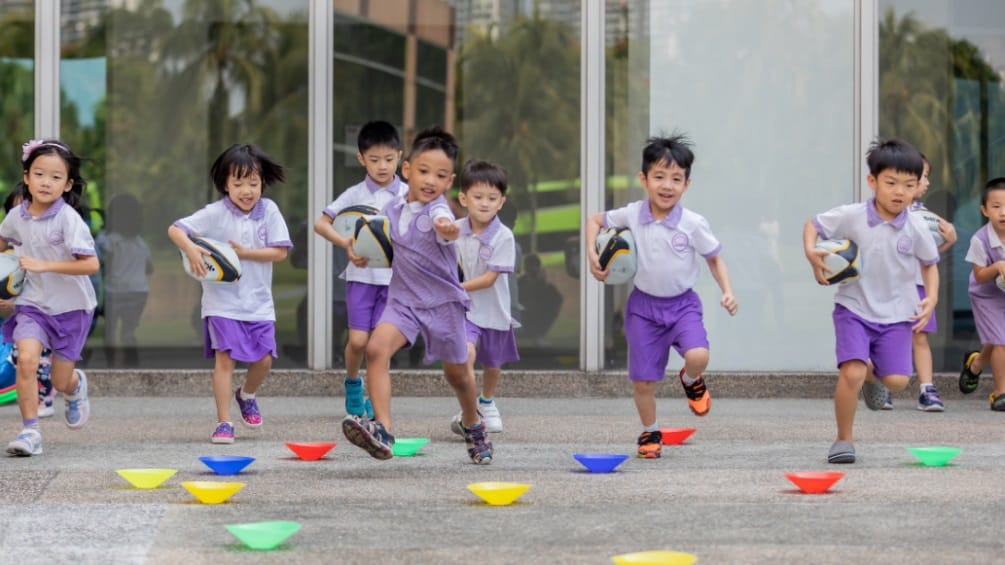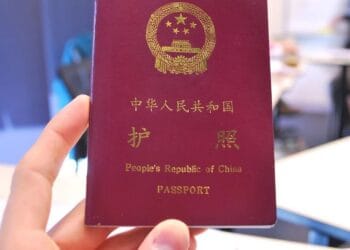
On Monday, China’s Ministry of Education provided an interpretation of the newly enacted preschool education law. This legislation requires kindergarten teachers and associated staff to be registered with educational authorities and to undergo thorough background checks and health examinations. The law prohibits hiring individuals whose past behaviors might endanger children’s well-being, including those with criminal histories involving abuse, sexual offenses, drug use, gambling, or other crimes. Additionally, individuals with a history of alcoholism or significant ethical violations are barred from employment.
The press conference held by the Ministry highlighted the law’s emphasis on enhancing the quality of the teaching workforce and clarified the qualifications required for those working in kindergartens. The law mandates improved staffing and sets standards for teacher and staff allocations, requiring kindergartens and their administrators to comply when hiring.
All hiring processes must be reported to the educational administrative department, accompanied by background checks and health evaluations. Individuals posing a potential threat to the physical and mental well-being of children, or deemed unsuitable for preschool roles, are disqualified from employment.
Specifically, two groups are banned from working in preschool education: individuals with convictions for abuse, sexual assault, harassment, trafficking, drug-related offenses, gambling, and other crimes; and those with past issues related to alcoholism or severe professional ethical breaches, as well as any behavior potentially harmful to children’s safety.
The law underscores the need for fair compensation, requiring kindergartens and their founders to provide adequate wages and benefits. It states that public kindergarten teachers’ salaries should be covered by fiscal support, ensuring they receive similar treatment to primary and secondary school educators concerning job titles, promotions, and additional benefits.
Moreover, the legislation calls for enhanced training opportunities for preschool education professionals. Government bodies and relevant departments are tasked with creating inclusive training plans and offering diverse forms of professional development.
The law also establishes accountability for misconduct such as physical punishment, indirect physical punishment, discrimination, and humiliation of children by kindergarten staff. Kindergartens and relevant authorities are required to implement appropriate legal actions based on the severity of these incidents.



